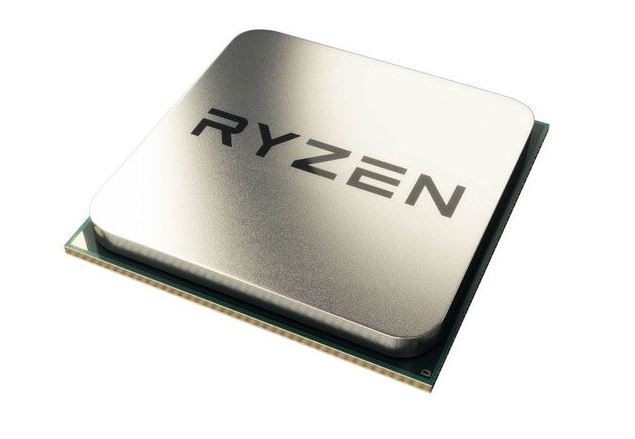AMD’s brand new Ryzen processor that expresses the power and efficiency of the all-new high-performance and highly efficient Zen x86 core, will enable the next generation of digital creators, VR pioneers, game world explorers and tech thrill-seekers in ways never seen before. The new AMD CPU is aimed at server, desktop, workstation and all-in-one markets. The Ryzen base model features 8 cores and 16 thread processing at 3.4GHz with 20MB cache. In launch demonstrations, the 14nm AMD Ryzen (unboosted) outperformed Intel’s 6900K 3.7GHz with turbo enabled.

Ryzen Can Overclock!
There was a teaser by CPCHardware about a 5GHz overclocking on all-cores on air with Ryzen 8-core processor. This looked highly impossible. It has now come to light that the overclocking was for single-core. But then it also brings to light one important fact – that Ryzen can actually overclock! It looks like Ryzen can actually overclock out of the box but the primary hurdle for all-core overclocking comes not from the processor itself but from the electromigration effects and the motherboard quality.
Motherboard Quality and Electromigration To Prevent All-Core Ryzen Overclocking?
According to French hardware guru Doc Teraboule, the main reason why a stable overclock cannot be achieved on all cores is the quality of the motherboard and electromigration effects that overclocking brings in. When processors are designed, generally the designers account for electromigration issues at the max frequency the chip is designed to function at. Anything beyond that can result in unexpected behavior due to electromigration issues. When the testing was done, it looks like the VRMs on the motherboard weren’t good enough to sustain a stable overclocking on all cores. But if a single-core can hit 5GHz on air, with high-end coolers, all-cores can be overclocked to 4.0GHz.
All this hints at a powerful Ryzen processor. One of the reasons AMD could not compete with Intel is because of Intel’s lead in manufacturing technology. Intel’s smaller process technology has given its chips the ability to run at higher speed. AMD has now embraced the latest 14nm FinFET technology for its Ryzen processor. Can the Ryzen processors prove to be a game-changer for AMD? Share your thoughts in the comments section.
